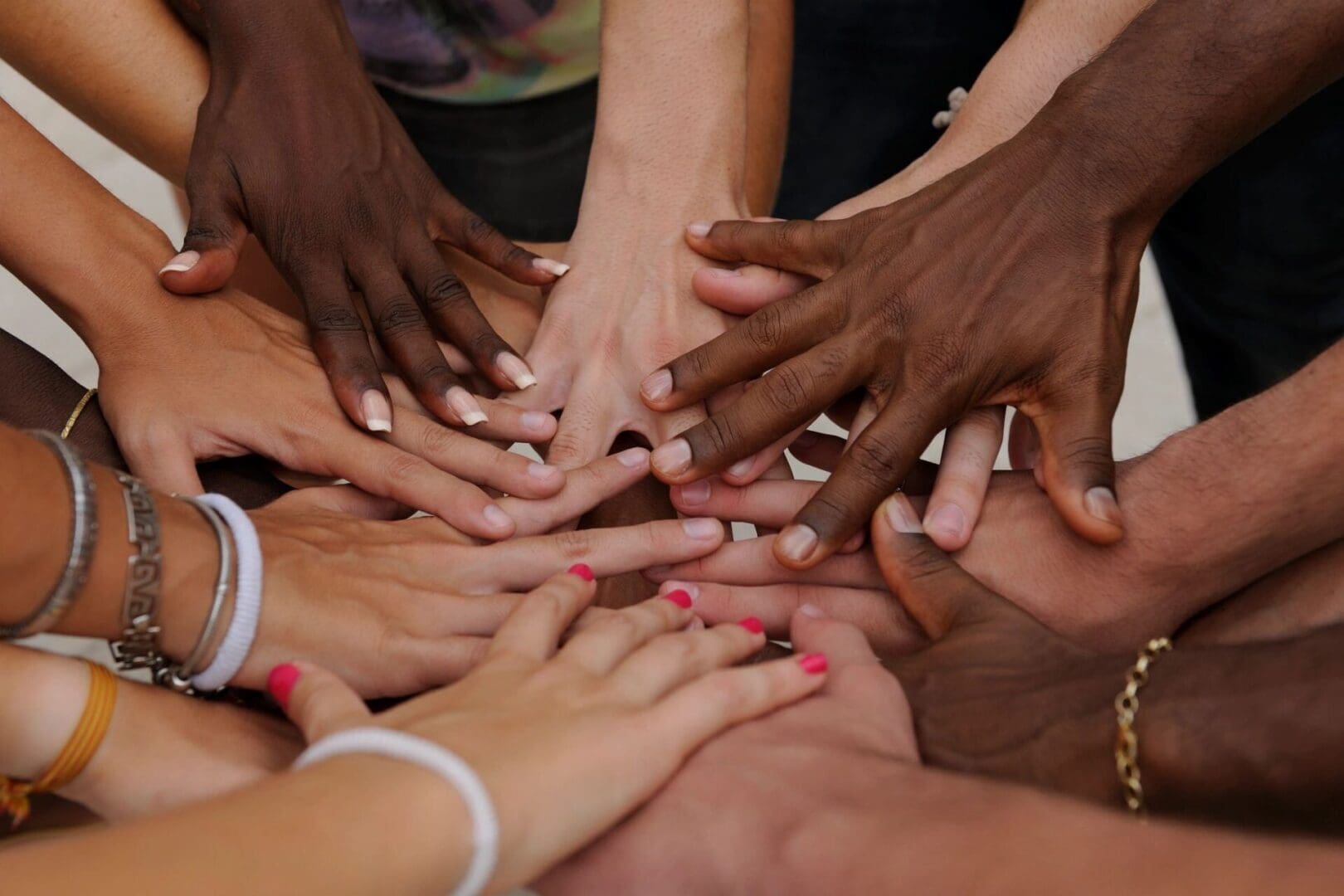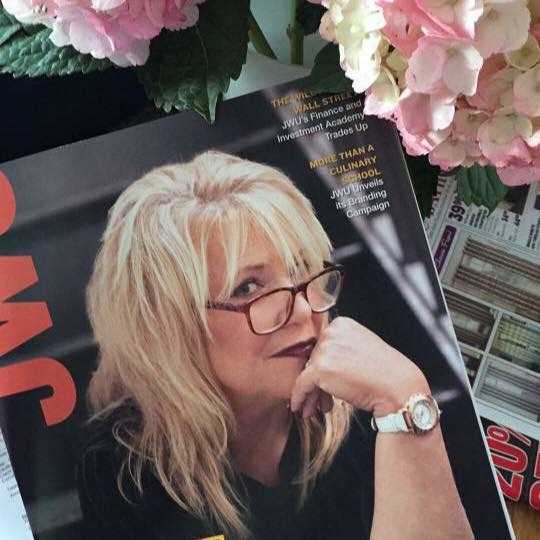Search Posts
Recent Posts
- Outdoors in RI: Help keep recreation areas clean. Invasive Milfoil, trash. 2A update – Jeff Gross July 26, 2024
- Real Estate in RI: Highest-ever sale in Queen’s Grant, EG $1.25M, by Residential Properties July 26, 2024
- Homeless in RI: Gov. Newsom issues Executive Order. Remove California’s encampments. July 26, 2024
- Let the games begin. XXXIII Summer Olympics – John Cardullo July 26, 2024
- GriefSPEAK: What would you do? – Mari Dias Nardolillo July 26, 2024
Categories
Subscribe!
Thanks for subscribing! Please check your email for further instructions.

GriefSpeak: Resilience
GriefSpeak: Resilience
By: Mari Dias
Resilience. This word is usually defined as “ability to bounce back”, “the capacity to recover quickly from difficulties”, “toughness.” This is an admirable trait that lends itself to a successful life, both psychologically and behaviorally. Do you consider yourself resilient? If so, why? If not, why? The bigger question is: can resilience be learned? Many professionals will answer with a resounding “yes”!
I was recently asked during an interview.
“What, if anything did I learn about myself during the pandemic.”
“I don’t think I learned anything new, but some qualities were reinforced.”
One was resilience.
I often wish I had a basketful of resilience to distribute to those who are struggling and stuck in the quicksand of childhood trauma. I am constantly amazed at the amount of trauma, abuse, and the damage people have experienced at a very early age.
It is no wonder they opted for drugs and alcohol. I would be very surprised if they hadn’t. What are the alternatives? n their cases, staying alive is equivalent to resilience. Many who experience what these girls have endured have opted for suicide, self-harm, and in severe cases, disassociation. And yet they persevere. This might be the 50th time they have tried to get clean. Relapse is part of recovery. In their case, they pray. And surprisingly. they forgive.
Allow me to introduce three clients I met with just this week.
Laura has forgiven her husband who threw her off a bridge. Despite a 9-week coma, she has also forgiven her boyfriend for hitting her in the back of her head with a hammer while she was taking a shower.
And then there is Prudence. She was raped by her father and eventually took a job where her supervisor was a former military man who specialized in tactical interrogation tactics in Afghanistan and practiced on her for a year and a half, hog tied and sodomized once or twice a week. Why didn’t she report him? That would be a logical question, except to someone who has been physically and sexually abused by her father and forced to live in a closet for 4 years until she ran away. She learned as a child to be quiet, don’t tell. That message stayed with her for over 50 years.
Finally, there is Constance. She left Puerto Rico for a better life in the United States. Also, a victim of childhood sexual abuse, she got involved with drugs, drug dealing, prostitution, and gangs. Her search for the American Dream failed her. When her daughter Elia’s first birthday approached, Constance decided to return to Puerto Rico to celebrate with her mom and sisters. She left Elia with her sister, Aurora, for a few hours while Constance went on an errand.
Constance’s family were very poor. Dirt poor. When her sister Aurora was given a bottle of Lestoil, she danced in delight. Auntie Aurora took her Lestoil and her niece home. She scrubbed the dirt and the memories out of her kitchen floor with a bucket of the precious Lestoil mixed with water. Auntie Aurora took that mop and repetitively dunked it in the bucket, scrubbed, rinsed, and dunked again. Her son Juan and Elia played with toy figures in another room. By the time Aurora finished, she was bathed in sweat and satisfaction. She took a quick shower.
When she returned to the kitchen, she found Elia, headfirst, drowned in the bucket. Apparently, she had dropped her toy figure in the water and being a small child, she lost her balance, and fell in the bucket.
Today, Constance sees her daughter’s death not as a tragedy, but a blessing. Hindsight has offered her a new view – a glimpse into the life of a child whose mother would sell her own soul for heroin, who prostituted and abused. Constance feels as if she saved her daughter from her future. Constance also forgives her sister Aurora for her negligence.
These edited autobiographies represent thousands of others. Does childhood abuse and trauma force one to be more resilient? They certainly find coping mechanisms, yet they “don’t bounce back”, they don’t “have the capacity to recover from difficulties”. But they are tough. No matter what life throws at them, they survive the brick walls, as they choose to climb over them rather than being blocked.
“At what cost?”, you ask.
When one loses their childhood, they grieve in ways that seem appropriate to them at the time. Adulthood and residential treatment offer new and more effective ways to deal with this loss. In order to heal, one must reveal. When they graduate from the treatment program, I’d like to add to that diploma, and hand them a certificate in resilience.

Dr. Mari Dias is a nationally board-certified counselor, holds a Fellow in Thanatology and is certified in both grief counseling and complicated grief.
She is Professor of Clinical Mental Health, Master of Science program, Johnson & Wales University. Dias is the director of GracePointe Grief Center, in North Kingstown, RI. For more information, go to: http://gracepointegrief.com/
